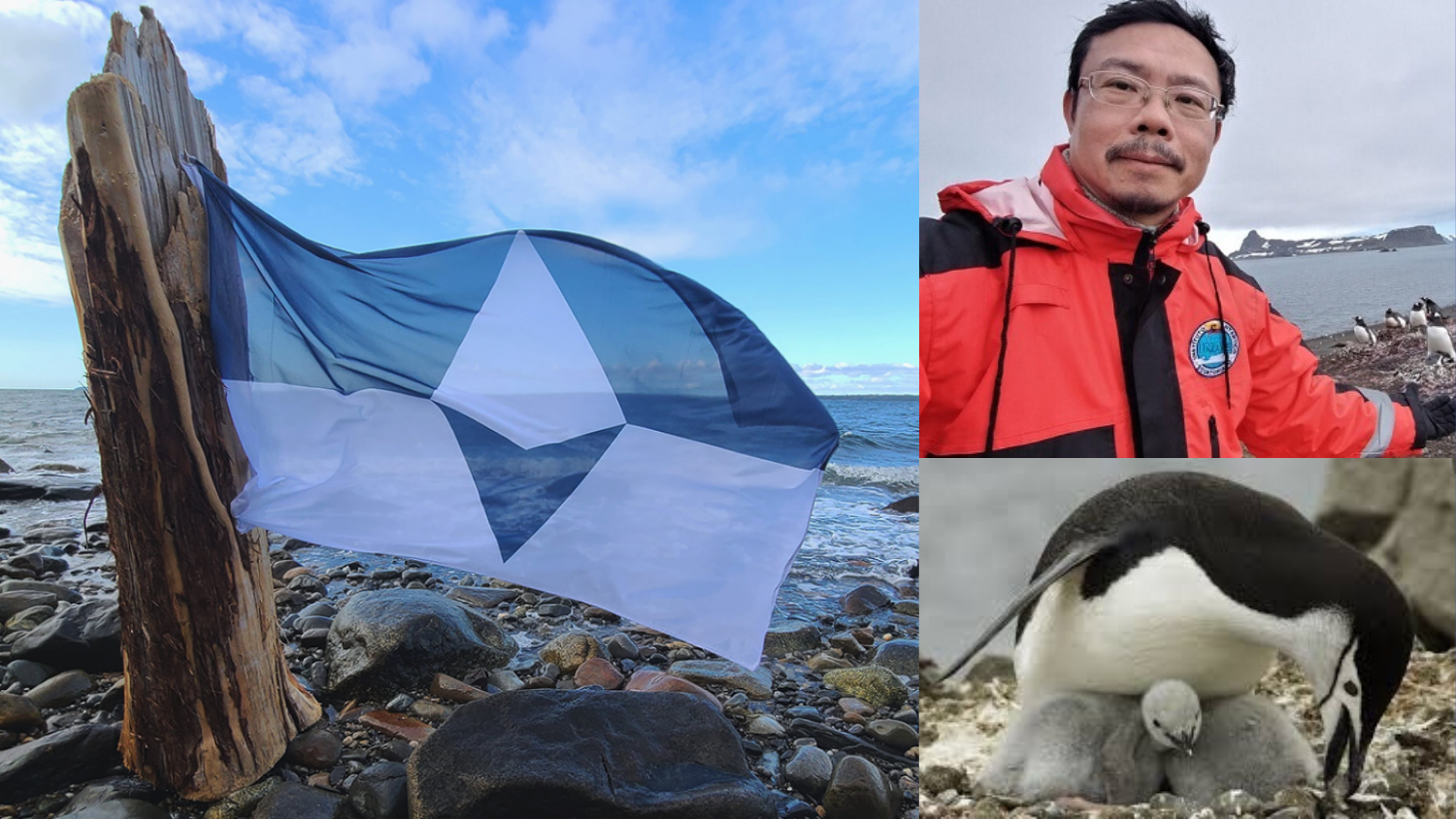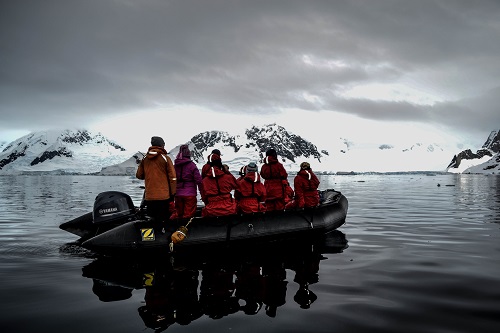Antarctica Day Recognizes the Anniversary of the Signing of the Antarctic Treaty

Antarctica Day is celebrated on December 1st, yet this annual event is probably not on your calendar and you may not own a True South Flag. The celebration started only a decade ago, and it’s still coming into its own as a holiday. Created to recognize the anniversary of the signing of the Antarctic Treaty 61 years ago, Antarctica Day offers an opportunity to learn more about the continent’s natural wonders.
For peaceful purposes only
Thanks to the Treaty, Antarctica is still a place of peace, discovery, and wonder. A few of the Treaty provisions include: “Antarctica shall be used for peaceful purposes only” (Article I); “Freedom of scientific investigation in Antarctica and cooperation toward that end… shall continue” (Art. II); “Scientific observations and results from Antarctica shall be exchanged and made freely available” (Art. III); and “Any nuclear explosions in Antarctica and the disposal there of radioactive waste material shall be prohibited” (Art. V).
An increasingly trendy tourist destination
Despite having one of the planet’s harshest environments, an increasing number of tourists are visiting the icy continent each year. Visitors to the region and the ships that carry them across the Southern ocean are growing in number. Once accessible only to well-funded explorers, Antarctica may be edging toward the mainstream.

Human activity in Antarctica falls under the governance of the Antarctic Treaty system, a model of international cooperation that dates to the Cold War era. But daily management of tourism is regulated by tour operators themselves, through a voluntary trade association that sets and enforces rules among its members.
“The bottom line for us is that there aren’t a lot of hard rules governing tourism. It’s mostly voluntary,” said Claire Christian, executive director of the Antarctic and Southern Ocean Coalition (ASOC), a network of more than 15 conservation groups that serves as an observer to the Antarctic Treaty system. “Right now, there is a lot of good will. But that’s not something you can guarantee.”
A fragile environment
Scientists and researchers continue to warn that the rise in tourism increases the risk of disrupting a fragile environment. A recent study published by NC State researchers in the journal Antarctic Science found that common tourist behaviors could be disturbing chinstrap and gentoo penguins on one of the continent’s most-visited islands.
“Our findings suggest that some visitor guidelines might need to be more conservative during the early stages of the breeding season,” said co-author Yu-Fai Leung, a professor of parks, recreation and tourism management at the College of Natural Resources. (See Antarctica’s Tourism Boom Could Be Stressing Out Penguins by Andrew Moore.)
Learn more about the real environmental impacts of Antarctic tourism and the Antarctica Day visual motto for 2023.
- Categories: